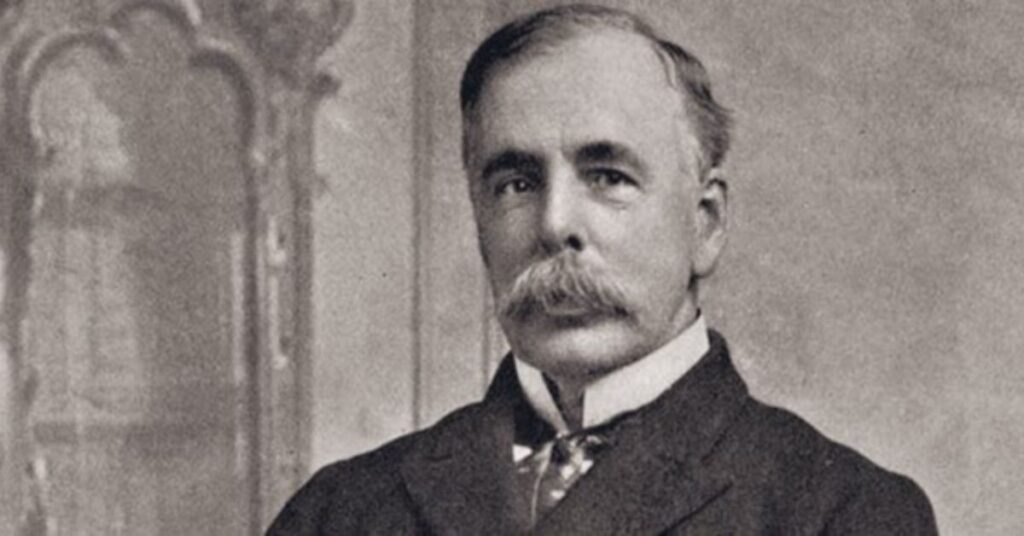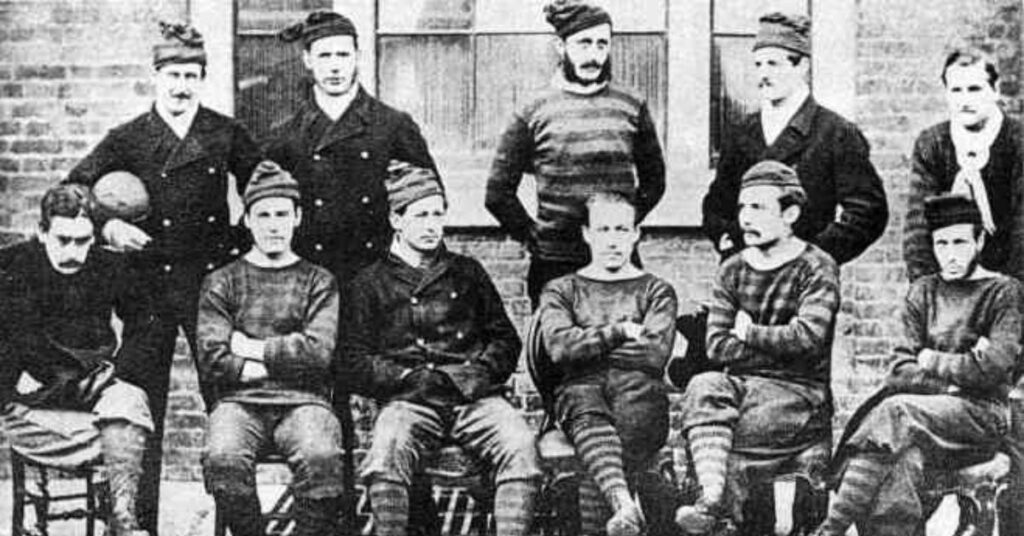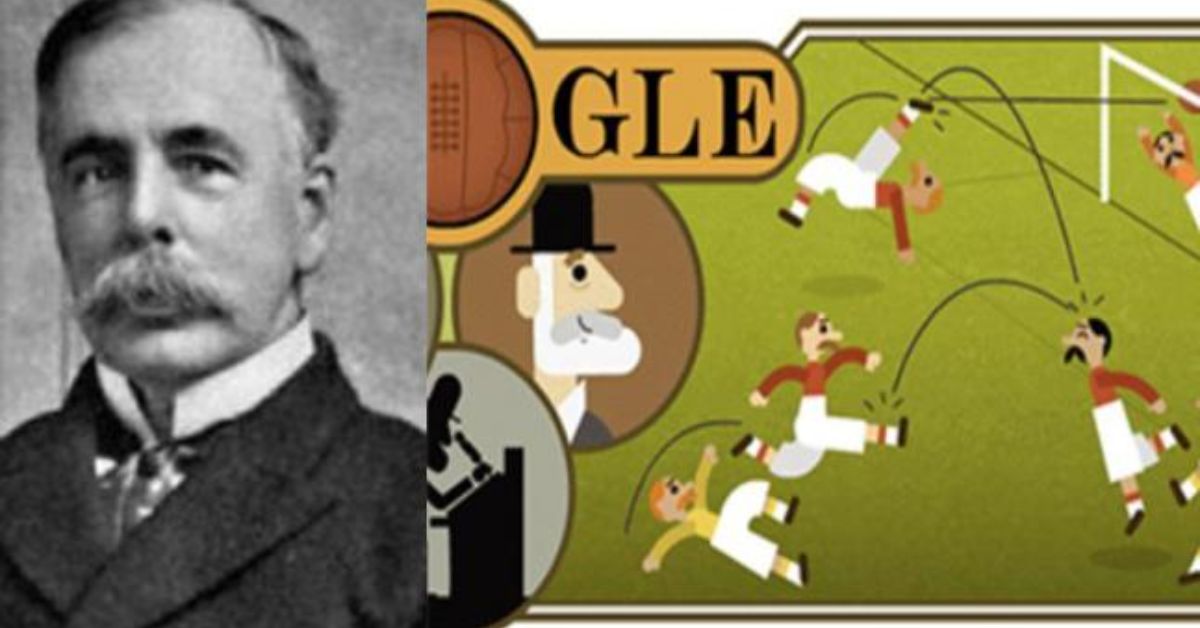Soccer, frequently known as Soccer inside the majority across the globe, is an activity that has an extended and long-running history that has captivated millions of human beings around the sector. The genesis of football’s modern form may be traced to the middle of the 19th century in England when the game first became modern. Of the countless players who contributed to the improvement of Soccer, one name is recognizable in the identity of the “Father of Soccer”: Ebenezer Cobb Morley.
Early Life and Background

Ebenezer Cobb Morley was born on August 16, 1831, in Hull, East Riding of Yorkshire, England. He changed into pursuing his job as a lawyer; however, his love for sports made him a prime contributor to the game of football. Morley relocated to Barnes, London, in 1858. He changed into a member of the Barnes Club, a beginner football club.
The Birth of the Rules
In the late nineteenth century, football began to be performed with exclusive regulations that could cause disputes and confusion in video games. There became a dire need for a fashionable set of rules for the sport. Morley became aware of this and took on the challenge of preparing for the sport.
In 1863, Morley published a letter in Bell’s newspaper suggesting the advent of a football governing body. The idea brought about a crucial meeting on October 6, 1863, inside the Freemasons’ Tavern in London. Club representatives attended this assembly, which resulted in the creation of the Football Association (FA), the first carrying governing body.
The First Rules of Soccer
As the founding father of the FA, Ebenezer Cobb Morley performed a pivotal function in creating one of the first formal guidelines for football, understood as the “Laws of the Game.” The regulations were adopted on December 8, 1863. These laws of the game outlined essential factors of football, including the dimensions of the football area, the time of video games, and the regulations governing consequences and fouls.
One of Morley’s most significant accomplishments, as well as Morley and the FA’s, was the move to ban hand-to-hand games, excluding goalkeepers. This policy distinguished Soccer from other forms of football, like rugby, and set the basis for today’s game.
Promoting and Popularizing Soccer

Morley’s contributions went far beyond the creation of rules. He actively promoted Soccer by organizing matches and informing teams to follow uniform rules. His efforts have helped Soccer acquire respect and popularity as it attracted more fans and players.
One of the initial major games played with these new rules was between Barnes Club and Richmond Club on December 19, 1863. The match is considered to be among the first instances of a match played adequately in accordance with the Laws of the Game and demonstrated the efficiency of the uniform rules.
Legacy and Recognition
Ebenezer Cobb Morley’s contribution to Soccer’s development is unimaginable. His vision and determination to establish a uniform set of rules set the foundation for the worldwide sport it has grown into. The Football Association, which he founded, remains an influential governing body.
As a tribute to his contribution, Morley is often called the “Father of Soccer.” His legacy is adored by soccer fans worldwide, and it continues to influence the evolution of Soccer.
Conclusion
“Who is Known as the Father of Soccer?” Ebenezer Cobb Morley’s position as the father of Soccer is an example of the power of vision and determination to a game that transcends borders and cultures. Morley’s efforts in establishing uniform rules of the game and in promoting it have left a permanent mark on Soccer’s history. Nowadays, millions of soccer fans, players, and officials are owed a debt of appreciation towards Morley for his pioneering efforts in creating a fantastic game that connects people from all over the globe.


